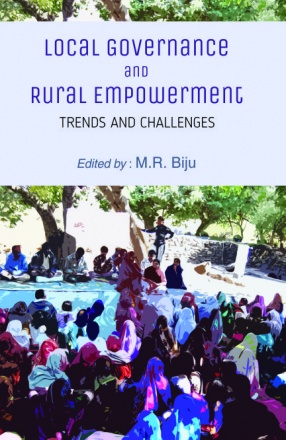
M R Biju

Showing all 12 books



The Constitution of India provides a clear mandate for democratic decentralisation not only through the Directive Principles of State Policy which exhorts the State to promote Panchayati Raj Institutions but more specifically now through the 73rd and 74th Amendments of the Constitution which seek to create an institutional framework for ushering in grassroots democracy through the medium of genuinely self-governing local bodies in both urban and rural areas of ...
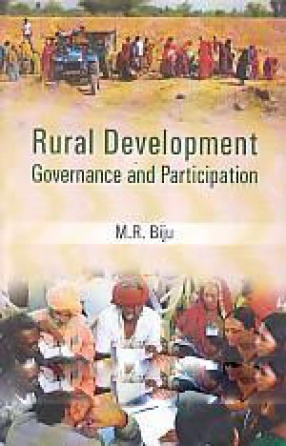
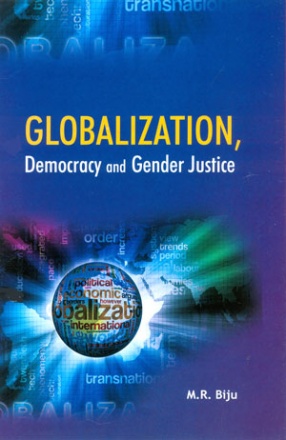
Globalisation implies widening and deepening integration with the globe, i.e. with people and processes abroad. Globalisation is widely seen as the most important factor that could influence economies of nations the world over in the new millennium. Globalisation has also resulted in the creation of a new business framework. More changes can be expected in the business scenario specifically in terms of openness, adaptiveness and responsiveness.
With the growing ...

The concept of human rights has assumed importance globally during the past few decades. Ever since the proclamation of Universal Declaration of Human Rights, the term human rights has gained currency and has become a crucial element of philosophical, social and political debates. While there id increasingly widespread concern for universal respect and observance of human rights, gross violation of internationally recognized norms continue unabated in almost all ...


Tourism is one of the world's most rapidly growing industries and it has emerged as a fast growing sector in terms of employment and income generation. its contribution to the world economy is very significant. World Travel and Tourism Council has identified tourism as the world's most rapidly developing industry and its contribution to the world economy has almost doubled from 1990s. Besides employment generation, tourism sector has played a pivotal role in ...
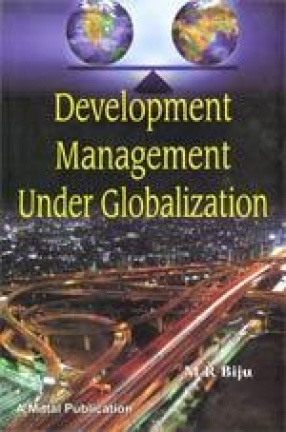
The Indian development experience of the last few decades, particularly in the context of globalization and liberalization, reveals that "The greater was the degree of governmental control and the wider was the pace of economic growth and the narrower was the scope of economic development." It shows that the economic reforms carried out in India give a mixed account of positive impacts include revival of the growth process and achieving a higher growth ...

The major thrust of India's foreign policy has been to establish its rightful place in the emerging world order. Pragmatism and pursuit of national interest without compromising on basic principles have been the guiding spirit of India’s external policy. India’s foreign policy cannot be seen in isolation and must be viewed as an integral part of the larger effort of building the nation's capabilities through economic development, strengthening ...
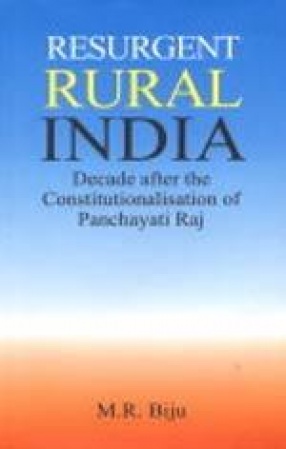
Part IX and Part IX A of the Constitution of India dealing with Panchayats and Municipalities respectively are the most detailed amendments made to the constitution since its promulgation more than half a century ago. If implemented in letter and spirit, the two parts hold the promise of a silent revolution that would dramatically alter the outlook for grassroots developments by endowing power to the people, in both rural and urban India. Unfortunately, in the ...
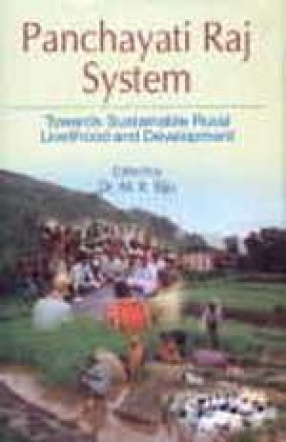
The development process in a developing economy will acquire a new dimension if the citizens not only associate themselves with planning and developmental programmes but also participate effectively in their implementation. Citizens participation denotes the direct involvement of citizens in the process of administrative decision-making, policy formulation and its successful execution. With the passing of the 73rd and 74th Constitutional Amendment Acts, both the ...
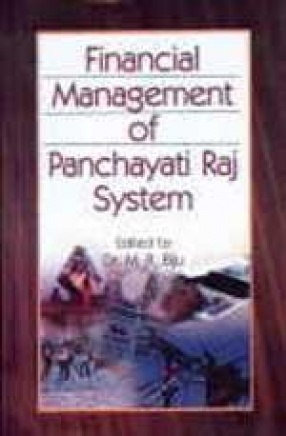
The process of strengthening of local governments is welcome step accepted by all sections of the society. The government has implemented the 73rd and 74th Constitutional Amendment Act (CAA) for strengthening the grassroots level of governments in rural as well as urban areas. But the functioning of the PRIs in India during the last one and a half decade shows that the state governments have not made serious or sincere attempts to endow the Panchayats with ...
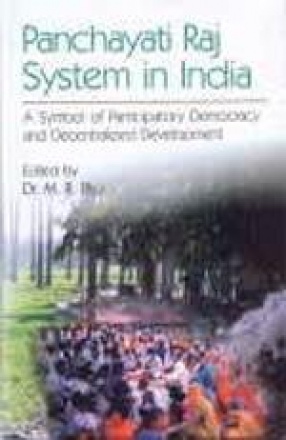
Rural development programmes are designed to facilitate a multi-faceted growth of the rural poor by extending the benefits development to them. It aims at the improvement of their living standards by providing them opportunities for the fullest utilization of their potential through their active participation in the process of goal-oriented change. Rural development also tends to reduce migrational pressure on cities and towns. It also enables the use of human ...
